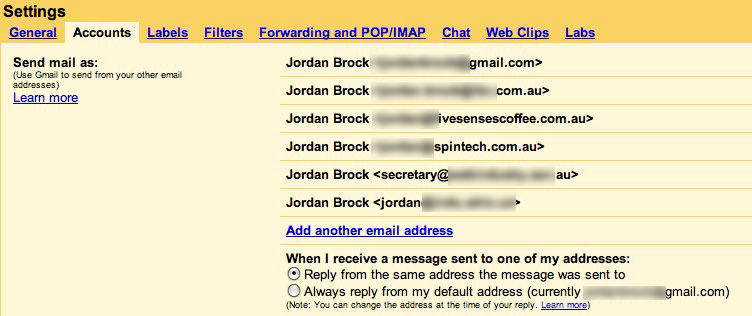The essence of Google Voice is that you are issued a single number which is assigned to your plethora of (up to 6) phones (home, office, work mobile, personal mobile, beach hut, garden shed etc). When you receive a call to the Google Voice number all your assigned phones ring simultaneously - the phone which answers first becoming the recipient of the call. If you're not there to answer it goes to voicemail - and a speech recognition engine transcribes and emails what's been spoken as text (text which Google will no doubt find a way of archiving so you can search it later).
Enterprise relevant features of Google Voice...
- Free US national calls / Cheap international calls (from 2cents / mins)
- Conference Call in up to 4 parties
- 'Follow-me' calling (great for travelling execs or home workers)
Conspiracy theorists will no doubt be already considering how Google is going to exploit all this new information but I'm sure many Consumers will overlook security concerns once they realize the service is (currently) FREE. A few journalists are speculating that Google will be monetizing the service by inserting ads either into the voicemail or into the transcripts. Check out David Pogues 1 min demo to get the full jist. (note the service is only currently available in the US).














